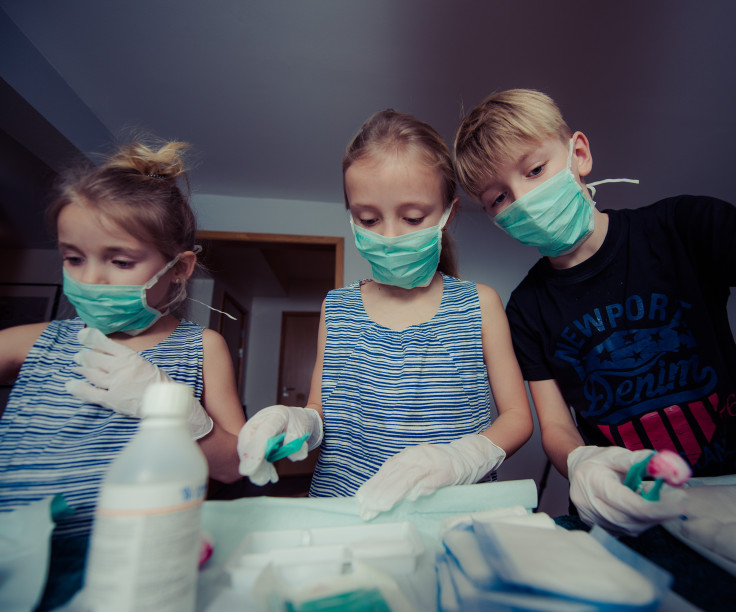Children can be coronavirus 'long haulers' too, not just adults
Many children experience fatigue even after they have already "recovered" from coronavirus.
A number of children who dealt with coronavirus may still be suffering from post-COVID symptoms, bringing them into the category of "long-haulers."
Parents of several children who had bouts with coronavirus expressed concern over their children dealing with symptoms even after they have already overcome the disease. Previously, adults were the only ones tagged as "long-haulers," or those who still experience a host of symptoms even after testing negative for coronavirus.
Indiana Evans, a 14-year-old from Hertfordshire, Southern England, experienced post-coronavirus symptoms. Her mother, Jane Evans, told CNN that before the pandemic hit, the young girl was very active, doing 16 hours of practice per week on top of her school activities.
In March, the girl fell ill with a cough but had no other coronavirus-related symptoms. For two weeks, they kept her home. Now, she is still very weak and can hardly make a trip to the supermarket as she feels exhausted. Although Indiana was never tested for COVID-19, both her parents were diagnosed with post-viral fatigue post-coronavirus.
Another case is that of a seven-year-old from East Sussex, in the southeast of England. The kid's mom, Birgit, who requested CNN to be partially identified, stated that previously, the little boy was very active. Now, he is fatigued, had lost weight, and could no longer run far as he would easily get out of breath. All these manifested four months after they suspected that he contracted coronavirus.
Birgit said that she and her husband fell ill in mid-March and they are still recovering. As for their little boy, he started out with diarrhea, temperature change, and conjunctivitis. He also exhibited a loss of appetite. Once a very active boy, their son now easily gets fatigued.
Dr Athimalaipet Ramanan, Honorary Professor of Paediatric Rheumatology at the University of Bristol in England, stated that coronavirus in children really falls into two categories. The first one is a primary infection where the virus is deemed as a "largely benign event in children" except those who have pre-existing conditions.
Ramanan further noted that the other one is an issue in a smaller children, which she called the hyper-inflammatory syndrome. With this, children often get sick and need to be hospitalised. She added that more information may be derived in the months to come regarding symptoms affecting children post-COVID-19.
© Copyright IBTimes 2025. All rights reserved.




















